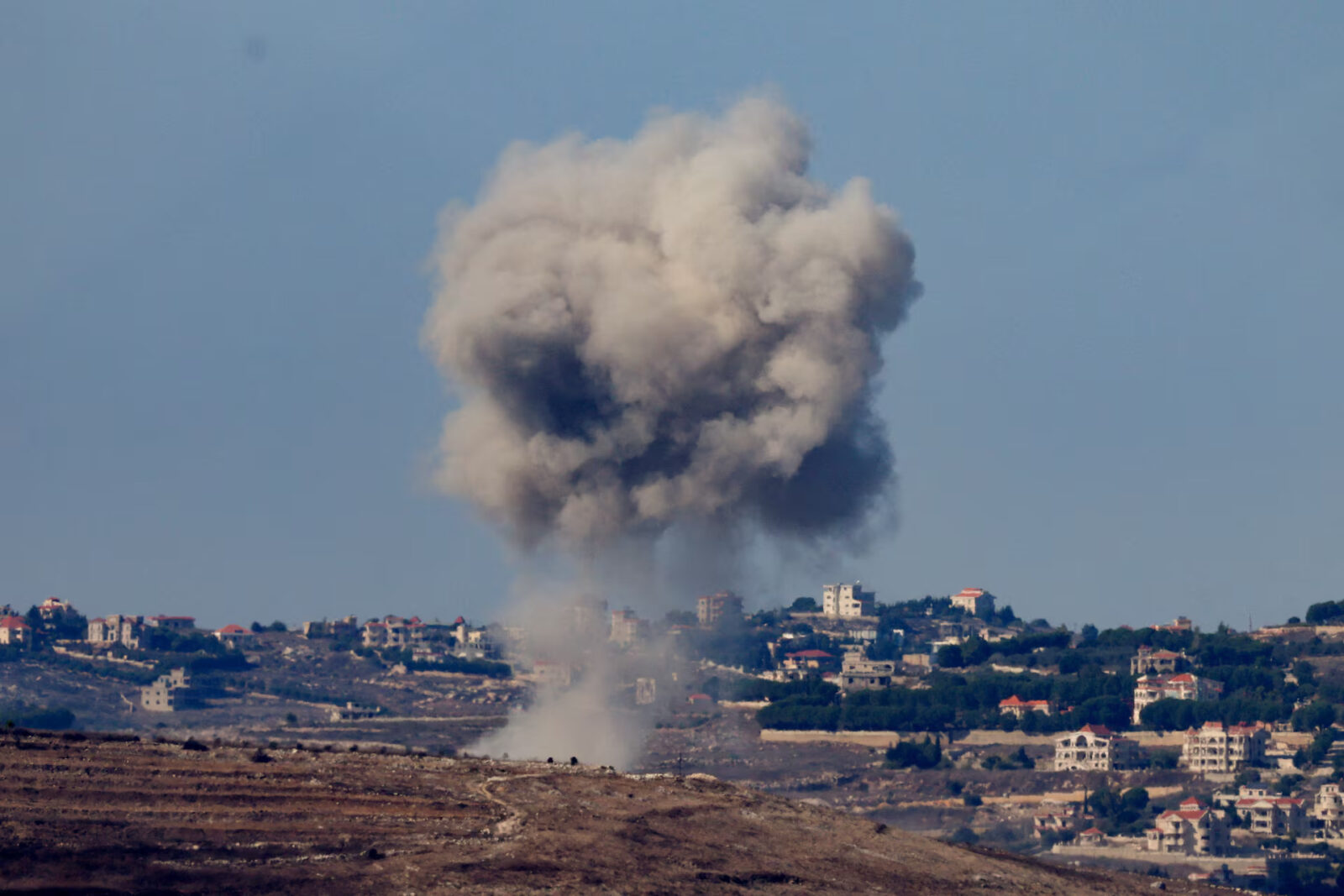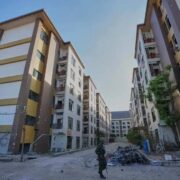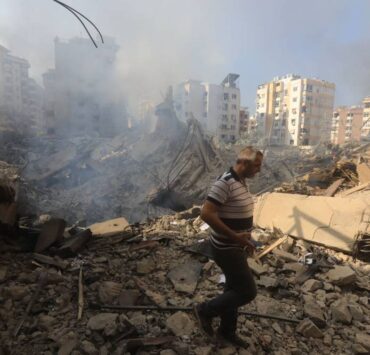UN alarmed as Lebanon families abandon migrant domestic staff

GENEVA—The United Nations has warned that foreign domestic staff were increasingly being abandoned by Lebanese families, having been locked in homes while their employers flee from Israel’s airstrikes.
The UN’s International Organization for Migration (IOM) raised the plight of Lebanon’s 170,000 migrant workers, many of whom are women from countries such as Ethiopia, Kenya, Sri Lanka, Sudan, Bangladesh and the Philippines.
“We are receiving increasing reports of migrant domestic workers being abandoned by their Lebanese employers, either left on the streets or in their homes as their employers flee,” said Mathieu Luciano, IOM’s head of office in Lebanon.
“They face very limited shelter options,” he told a press briefing in Geneva on Friday via video call from Beirut, adding that he had earlier visited a shelter housing 64 Sudanese families “who have nowhere else to go.”
He said the IOM is receiving increasing requests from migrants seeking help to return home. Many countries have also sought the agency’s help to evacuate citizens.
But “this would require significant funding—which we currently do not have,” Luciano said.
Abuses by employers
Israel’s attacks on Hezbollah strongholds in Lebanon have killed more than 1,000 people since Sept. 23, according to the Lebanese health ministry, while hundreds of thousands have fled their homes in a country already mired in economic crisis.
The situation confronting Lebanon’s migrant workers is precarious, as their legal status is often tied to their employer under the “kafala” sponsorship system governing foreign labor.
Rights groups say the system allows for abuses, including the withholding of wages and the confiscation of official documents which provide workers their only lifeline out of the country.
Luciano said “We’ve seen in the south that the employers would leave but then would either leave the domestic workers on the streets, wouldn’t relocate with them—or actually even worse, lock the domestic worker in, to make sure that the house is kept while they are seeking safety somewhere else.”
He said those left on the street would struggle to relocate or get to safety, while many cannot speak Arabic.
“Many are undocumented, They don’t have papers. As a result they are pretty reluctant to seek humanitarian assistance because they fear they will be arrested and may be deported,” he said.
Several countries are in a race against time to repatriate their nationals, amid the escalating conflict between Israeli and Hezbollah forces. (See related story on this page.)
‘Camp of OFWs’
Of the estimated 11,000 Filipinos in Lebanon, only around 1,000 have expressed their intention to be repatriated, as the Department of Foreign Affairs had said in August.
Deputy Assistant Secretary Marlowe Miranda of the DFA raised that point anew as he claimed that Filipinos there are even reluctant to have the department raise the alert level in Beirut.
The DFA currently pegs the crisis in Lebanon at alert level 3, a notch lower than the maximum alert level which requires mandatory evacuation.
According to Miranda, “There’s another camp of OFWs (overseas Filipino workers) who don’t want alert level 4 to be raised because eventually they won’t be able to return to Lebanon if they undergo repatriation.”
“Mandatory repatriation means they can’t obtain clearance to return to the country from which they were forced to leave,” he explained at a forum on Saturday.
Miranda said there was “no need,” for now, to raise the alert level in Beirut.
Foreign Secretary Enrique Manalo said earlier that the Philippine Embassy in Beirut is “in direct contact with the Filipino community” there, adding that measures are in place for their repatriation if necessary. —REPORTS FROM AFP, REUTERS AND JACOB LAZARO INQ

















